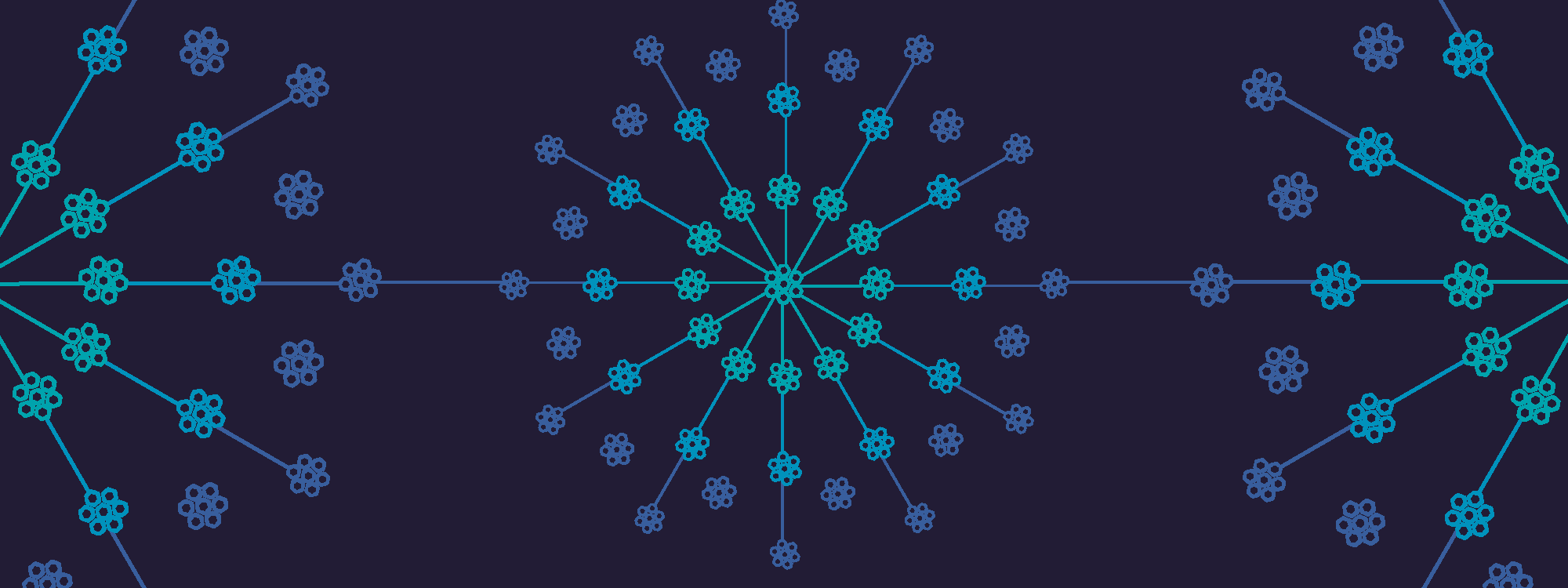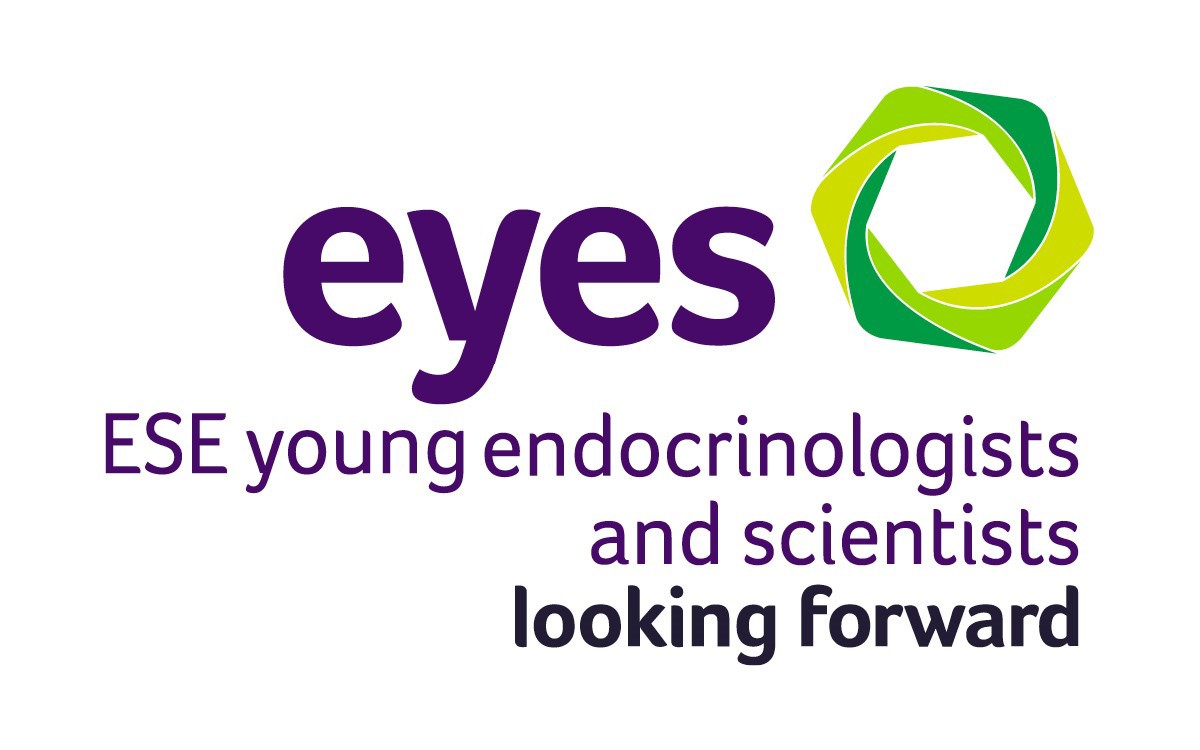
For Clinicians
ESE supports clinicians to deliver the best patient care in endocrinology throughout Europe, through career development, training, resources, grants and networking opportunities.
We provide courses, grants and resources to support clinicians, from trainee medics to recognised experts in the field. We work with clinicians to develop guidelines and engage in outreach activities to improve clinical endocrinology worldwide. Much of this takes place through our eight Focus Areas.
Find out more about ESE's Clinician Membership >>
Find out about the work of our Clinical Committee >>
To support clinical endocrinologists throughout their careers, we organise and endorse courses, like a full range of Clinical Update webinars spanning the eight Focus Areas, a postgraduate course training programme, and themed courses such as Europit – a multidisciplinary programme, including Pathologists, Neurosurgeons and Endocrinologists from countries across Europe, that aims to provide a comprehensive perspective of Pituitary disorders Management.
Explore the full range of all the courses that ESE offers.

We provide a broad range of training, research and meeting grants to support clinicians at all stages of their career. For example, grants are available to help cover the cost of attending the European Congress of Endocrinology (ECE), which takes place annually.
See details of available grant opportunities.

The prestigious ESE Awards programme recognises the success of our members and helps drive innovation and progression across all fields of endocrinology, such as the Clinical Endocrinology Trust Award.
Read about our Awards.

ESE acts as the voice of its members and National Affiliated Societies on the issues that matter most to the clinical endocrinology community. See our latest outreach and advocacy activities.

Relevant Resources
Here are some resources, events and recent announcements that may be of particular interest to clinicians.










